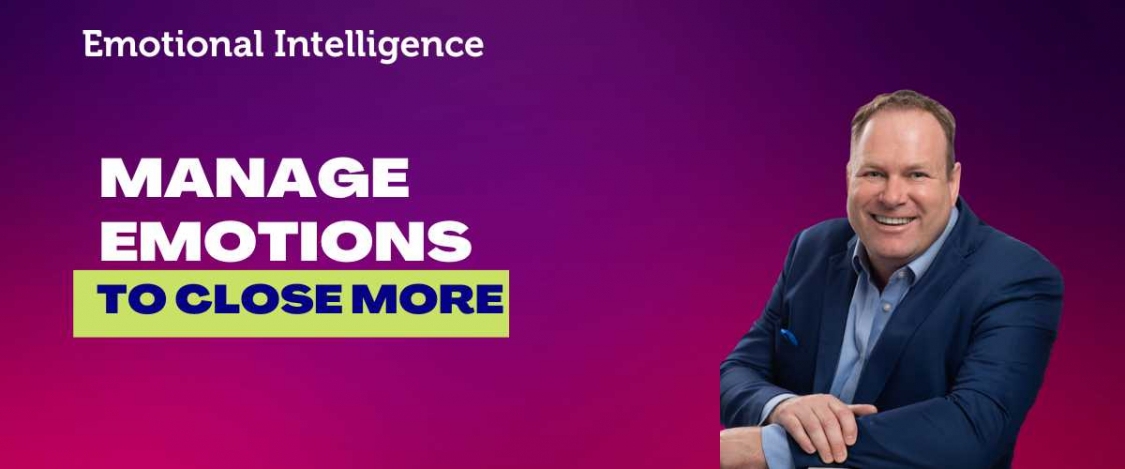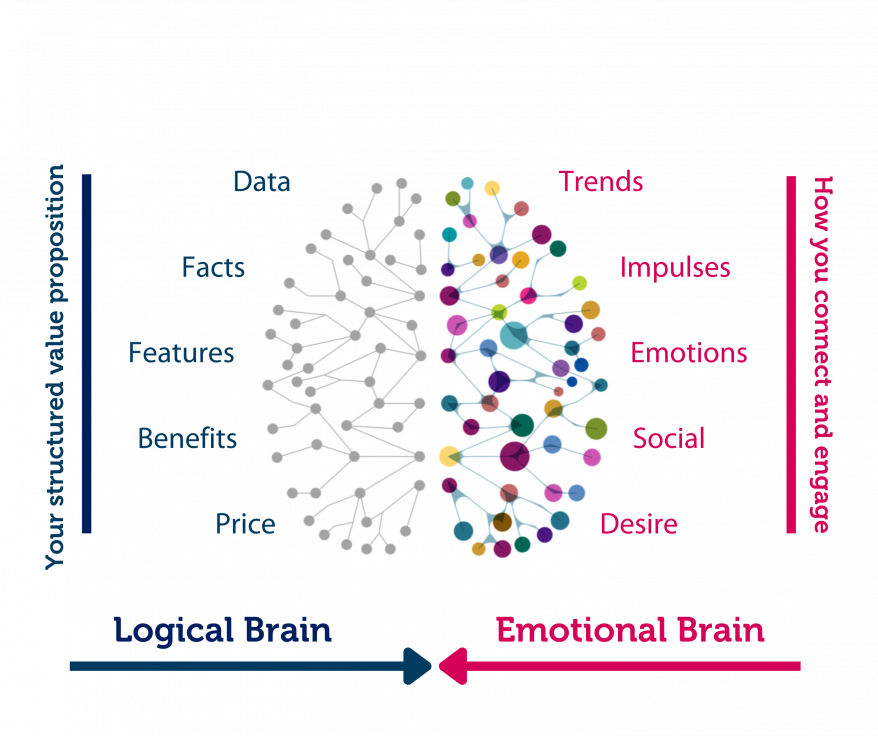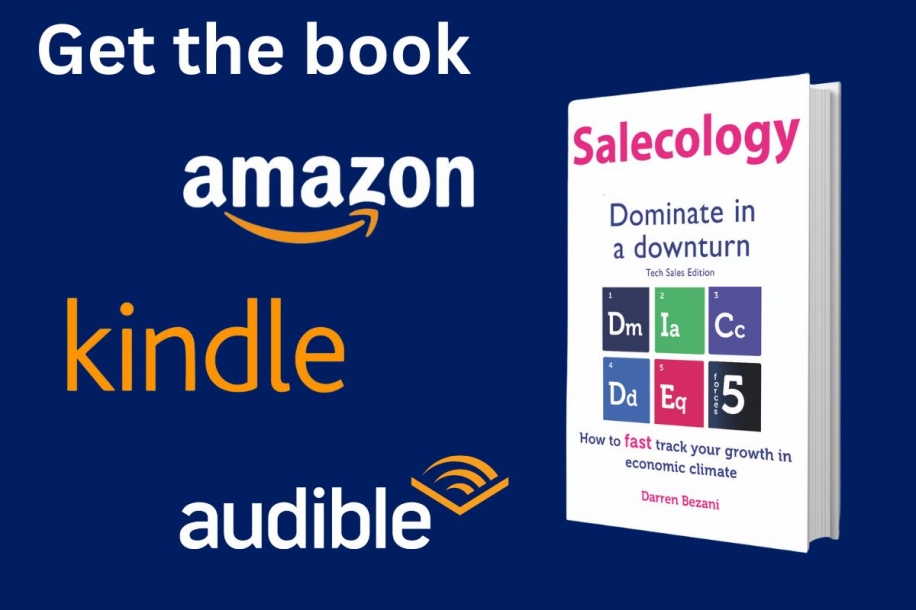
Emotional Intelligence: The Game Changer in Tech Sales
In sales, we’re often taught that success hinges on the right product, a great value proposition, and a solid ROI calculation. But there’s another factor that many overlook, and it could be the most powerful tool in your arsenal—Emotional Intelligence (EQ).
While IQ measures your ability to process information, solve problems, and think critically, EQ is about your ability to navigate emotions—both your own and those of your clients. In tech and SaaS sales, particularly in times of economic uncertainty, EQ becomes the key to unlocking deeper relationships and closing deals.
Let’s explore how Emotional Intelligence helps sales professionals and leaders alike build resilience, inspire teams, and cultivate client loyalty when it’s needed most.
IQ vs EQ: Why Emotional Intelligence Matters More Than Ever

IQ, or Intelligence Quotient, is traditionally associated with rational problem-solving and the
ability to absorb knowledge. In sales, IQ helps craft a strong value proposition and communicate the logic behind a product’s benefits.
But here’s the catch: 95% of decisions are driven by the emotional brain, according to Harvard research. This means that, despite the numbers and facts, emotions are leading the charge when it comes to decision-making. And this is where Emotional Intelligence becomes a game-changer.
EQ is the ability to read, interpret, and influence emotional cues during interactions. It’s not just about what you’re selling, but how you make people feel about the product and about working with you.
Self-Awareness & Self-Regulation: The Foundation of EQ
The first step in mastering Emotional Intelligence is Self-Awareness. This is your ability to recognise and understand your own emotions, including how they affect your behaviour and decisions. In high-pressure sales environments, self-awareness helps you remain objective and avoid being clouded by stress or frustration.
Once you're aware of your emotional state, the next skill is Self-Regulation—the ability to manage those emotions. Whether you're facing a tough negotiation or struggling with rejection, staying calm and focused is what allows you to remain strategic rather than reactive. In tech sales, where the stakes are high, these skills can be the difference between winning and losing a deal.
Motivation: Intrinsic Drive When Targets Are Tough
In sales, we’re all familiar with extrinsic motivation—bonuses, commissions, and financial rewards. But what happens when economic conditions make it harder to hit targets? When commissions are low and quotas harder to reach?
This is where intrinsic motivation becomes essential. High performers are driven not just by external rewards, but by a deeper purpose—whether that’s helping clients solve complex problems or achieving personal growth. This intrinsic drive fuels resilience, helping salespeople push through difficult times with passion and focus.
When external factors like bonuses fluctuate, it's intrinsic motivation that keeps the fire burning.
Empathy: The Secret to Building Client Trust
If you had to choose one skill that transforms sales interactions, it would be Empathy. This is the ability to truly understand your client’s needs, concerns, and emotional drivers.
Clients want more than a transactional relationship. They need to feel heard and understood. When you can read between the lines, listen actively, and respond with empathy, you build trust and loyalty that can withstand economic turbulence. Empathy, in this sense, is your superpower for turning cold leads into long-term partnerships.
Social Skills: The Glue That Holds It All Together
The final pillar of Emotional Intelligence is Social Skills—your ability to build networks, navigate relationships, and manage conflicts. Social skills enable you to create rapport quickly and maintain positive client relationships over time.
In times of economic uncertainty, strong social skills help you maintain these relationships, communicate effectively with teams, and resolve issues before they become major obstacles. EQ helps you lead not just with authority, but with empathy and trust.
EQ Is Not a Soft Skill—It’s a Critical One
Emotional Intelligence is often labelled as a 'soft skill,’ but mastering it is anything but easy. In fact, it’s one of the most challenging and powerful forces in sales today. Those who can read emotions, stay motivated, and build trust are the ones who turn transactions into partnerships.
In my book, Dominate in a Downturn, I delve deeper into the power of EQ and other key forces that help sales teams navigate challenging economic times. As we face more uncertainty, now is the time to develop and harness your Emotional Intelligence—because success is about more than numbers, it's about relationships.
By blending Emotional Intelligence into your sales strategy, you’ll be better equipped to lead, grow, and succeed, even when times are tough.
Free Downloads and More Content:
GET THE BOOK:
Dominate in a Downturn is out now. Click here to go to Amazon to buy it.
FREE DOWNLOAD: Maximise your Sales Meetings
This booklet will share some hints and tips on how you can raise your game using Salecology’s 4 Personality Colours and how to maximise your sales meetings across each of the 4 stages of the sale, and get more yes’s!
Click on the image or here to download (No name or email details are required).
,


